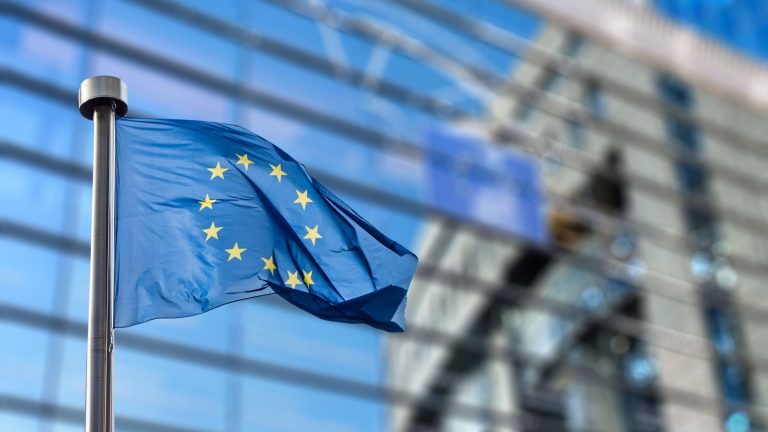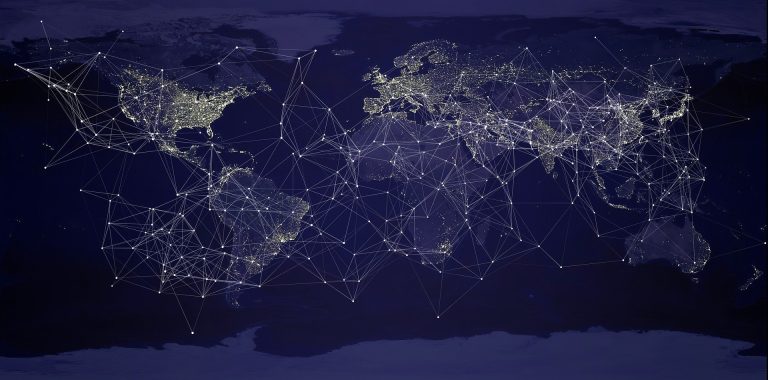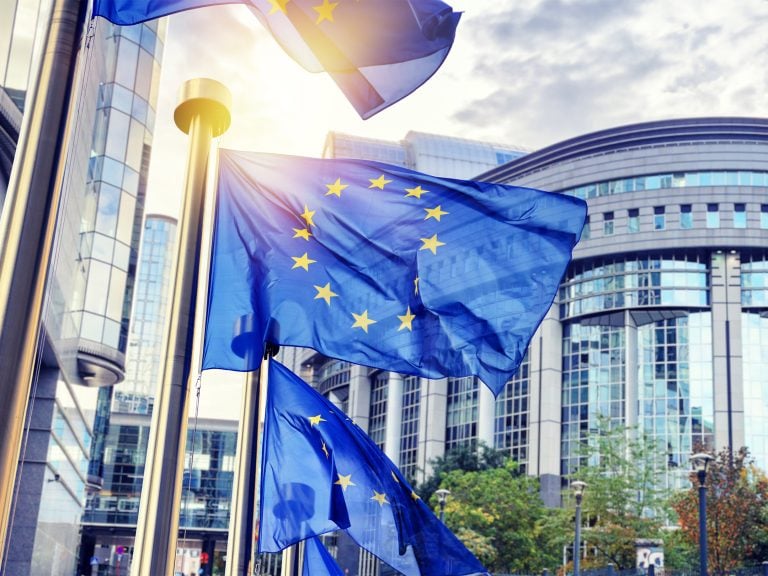News
12 December 2025
Foreign subsidies crackdown: Commission targets Temu as Nuctech case advances
News
12 December 2025
Houthoff publishes AI Monitor: the impact of AI on legal services
News
9 December 2025
The importance of customer interests in embedded insurance
News
4 December 2025
ICLG publishes International Comparative Legal Guide: Foreign Direct Investment Regimes 2026
News
28 November 2025
ACM and AP now authorised to enforce Data Act
News
27 November 2025
Overview of the Provision of Personnel (Accreditation) Act – new accreditation system for suppliers
News
25 November 2025
Houthoff Competition Outlook 2026
News
20 November 2025
Enterprise Chamber case law on the right of prior advice: facts and figures
Firm news
20 November 2025
Grafton Cederburg and Houthoff nominated for the M&A Awards 2025
Deals and matters
19 November 2025
Techone accelerates growth with strategic partnership with KKR
Deals and matters
13 November 2025
Family business Büter enters into acquisition agreement with NPM Capital
Deals and matters
12 November 2025
Sureserve takes international step with acquisition of Bonarius acquisition of Bonarius











